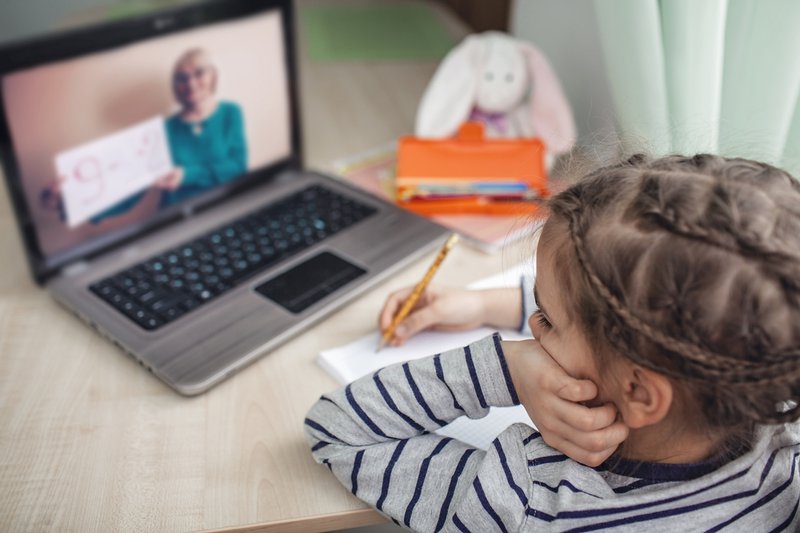25 great tips for parents to help them cope with their child’s remote learning
Updated | By Poelano Malema
Feeling overwhelmed with helping your child with homeschooling? Here are great tips on how to make remote learning work for you.

The school calendar has started, and although many government scholars are not back in school, pupils from private schools have commenced learning.
Remote learning is not easy, especially if you are a working parent and have not been trained on how to help your child with learning from home.
READ: COVID-19 catapults e-learning into the future of education - expert
We have put together great home learning tips:
- If your child is new to online learning and might need your help with using the computer, look at their timetable and arrange your own work so that it doesn’t interfere with his/her learning.
- Download apps that will help you keep track of tasks that your child needs to do and when they are due. Check out a list of free apps here.
- Be organised the night before and ensure your child knows what is expected from them.
- Bath your child in the morning, let them have breakfast and ensure they are dressed for learning and not in their pyjamas.
- Prepare a workstation for your child to make it easier for them to do their school work. Find a place in the house that will be comfortable.
- Download educational apps which will help your child with the specific subjects they are doing in school.
- Get rid of distractions such as consoles and televisions, and turn off the phone. This will help your child concentrate better.
- Monitor your child’s online activity to ensure they are really doing school work.
- Breaks are important. So, set aside time to take breaks. They can use the break time to eat, take a walk or play.
- Feed them healthy food that will give them enough energy and make them concentrate better in class. Stay away from junk food.
- Do the most difficult tasks in the morning.
- Schedule playtime, depending on the age of your child. Children learn and develop skills during playtime.
- Develop friendships with other learners and let your kids connect online as they would while at school. The children can help each other with schoolwork.
- Encourage your child when he/she does well.
- Don’t compare your child with other learners and pressurise them. Allow them to learn at their own pace.
- Ask teachers to assist when you get stuck.
- Don’t be too hard on yourself or feel like a failure when you can’t help your child.
- Befriend other parents so you can share challenges and solutions with each other.
- Talk to your child about how they are coping and get them professional help if they are struggling and their mental wellbeing is affected.
- Always check that homework is done.
- Maintain a consistent sleeping pattern. Getting enough sleep enhances performance and concentration.
- Reward your child at the end of the term after they have passed.
- Identify what your child is good at and compliment them for work well done. Also, identify their weaknesses and look at ways to encourage them to improve.
- Set achievable targets to avoid disappointment.
- Be flexible. Although it is important to have a schedule, if you see your child struggling with concentration, take a few minutes break.
READ: Old school or new school?
Image courtesy of iStock/ @Maria Symchych-Navrotska
Show's Stories
-
Vin Diesel announces Fast and the Furious finale
The two pinnacles from the amazing news had to do with Los Angeles and t...
Danny Guselli 4 hours ago -
Durban man keeps history alive with cereal box bus models
John Fann (80) has spent the last four years recreating Durban's bus mod...
Danny Guselli 4 hours ago